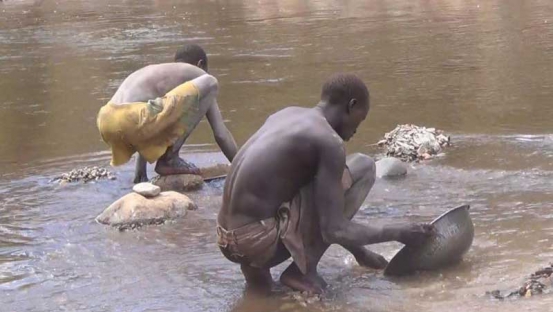×
The Standard e-Paper
Join Thousands Daily

A typical day in the life of residents of Chepukaun village in West Pokot County begins at 7.00am.
Some rush to milk their cows while others bask in the sunshine waiting for mid-day hours to trek to River Muruny to mine gold.